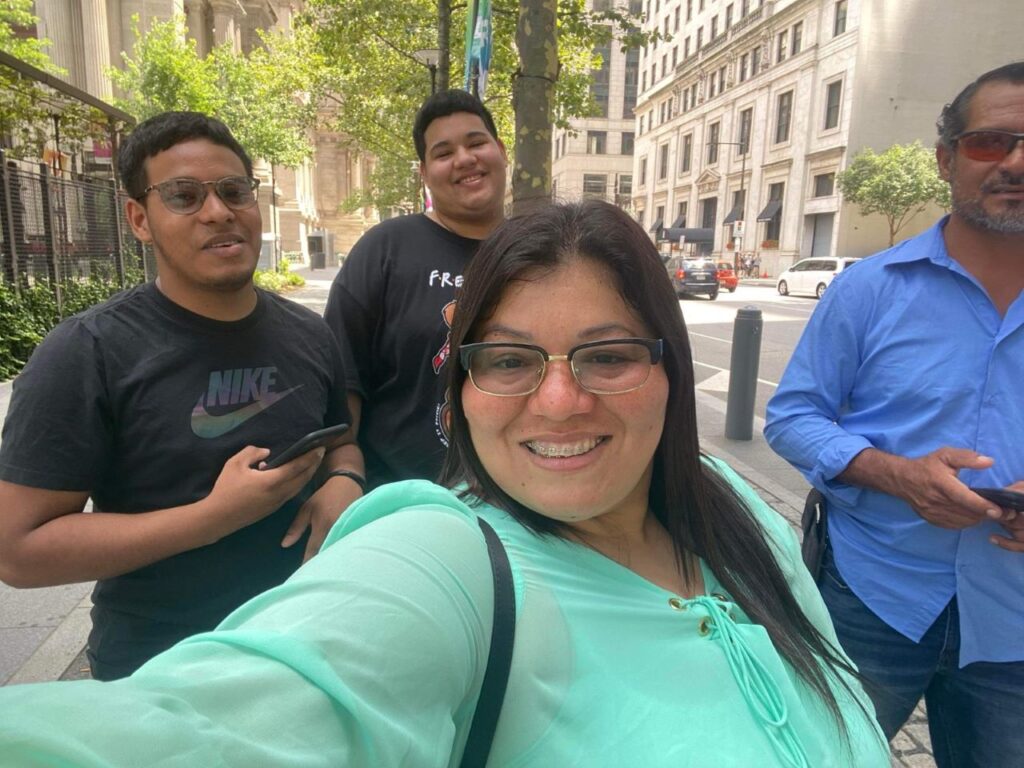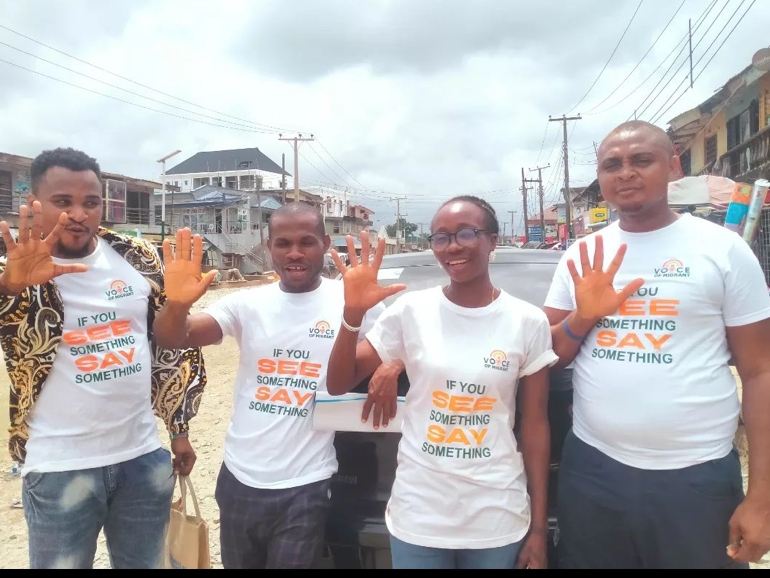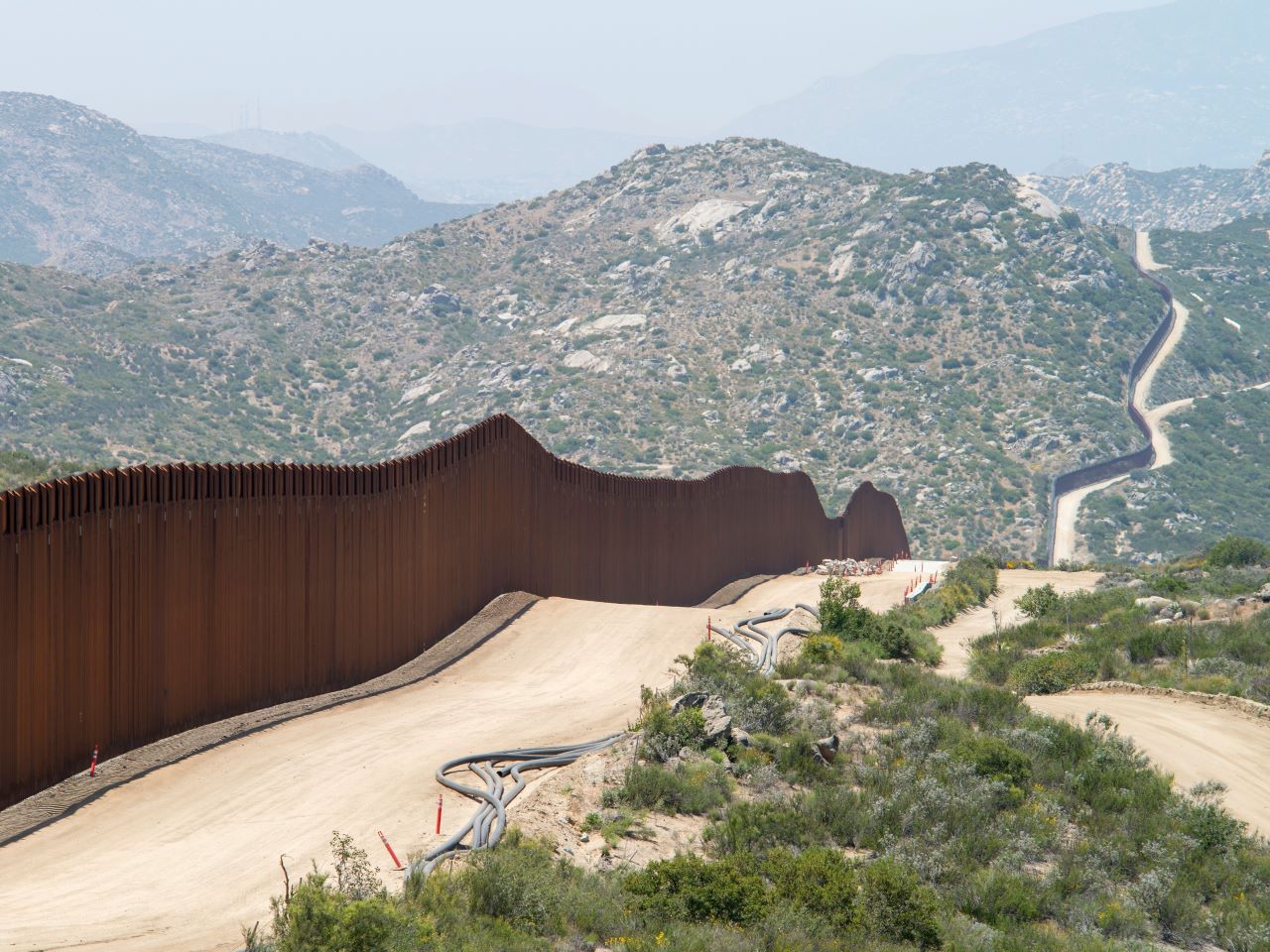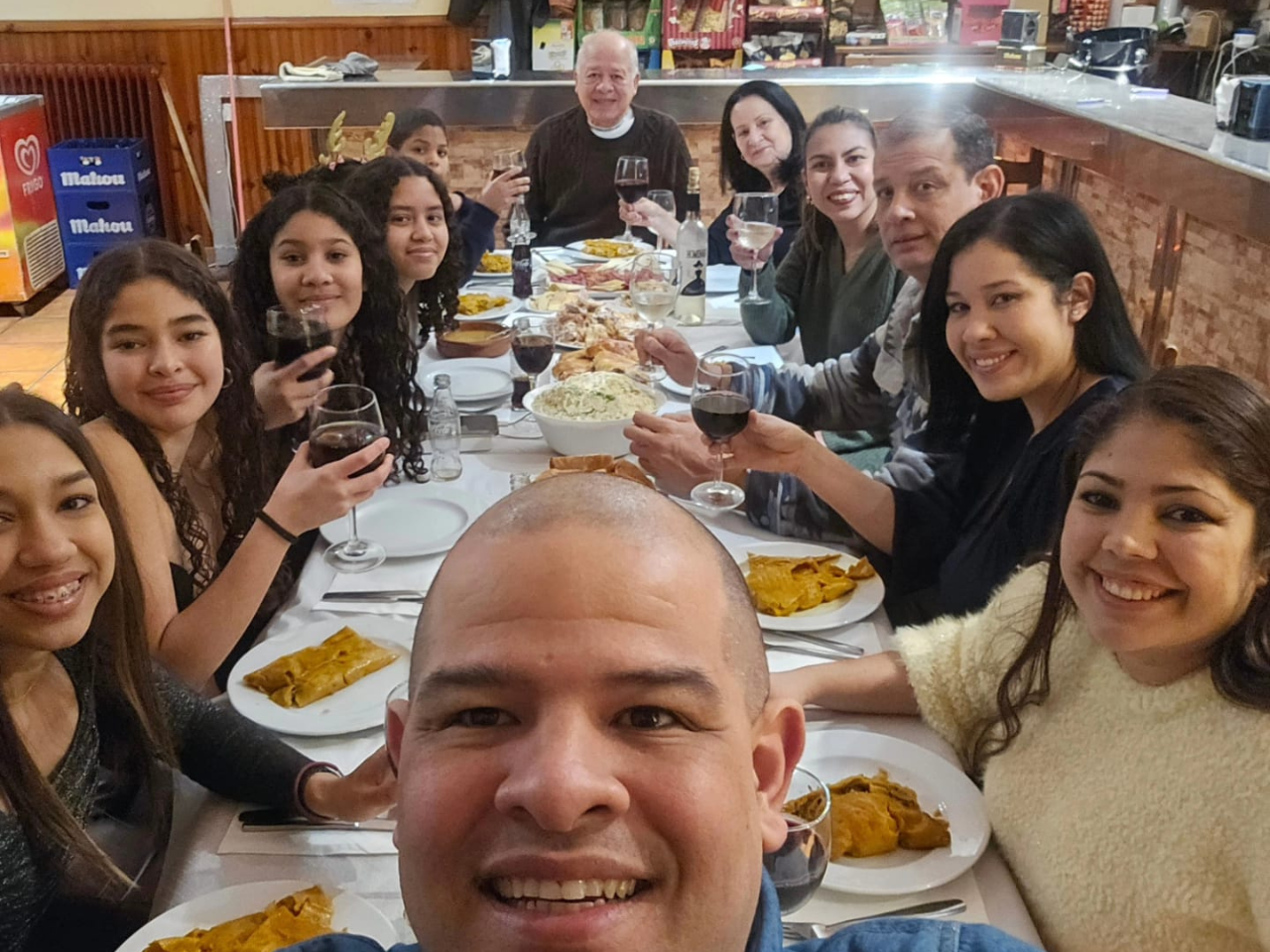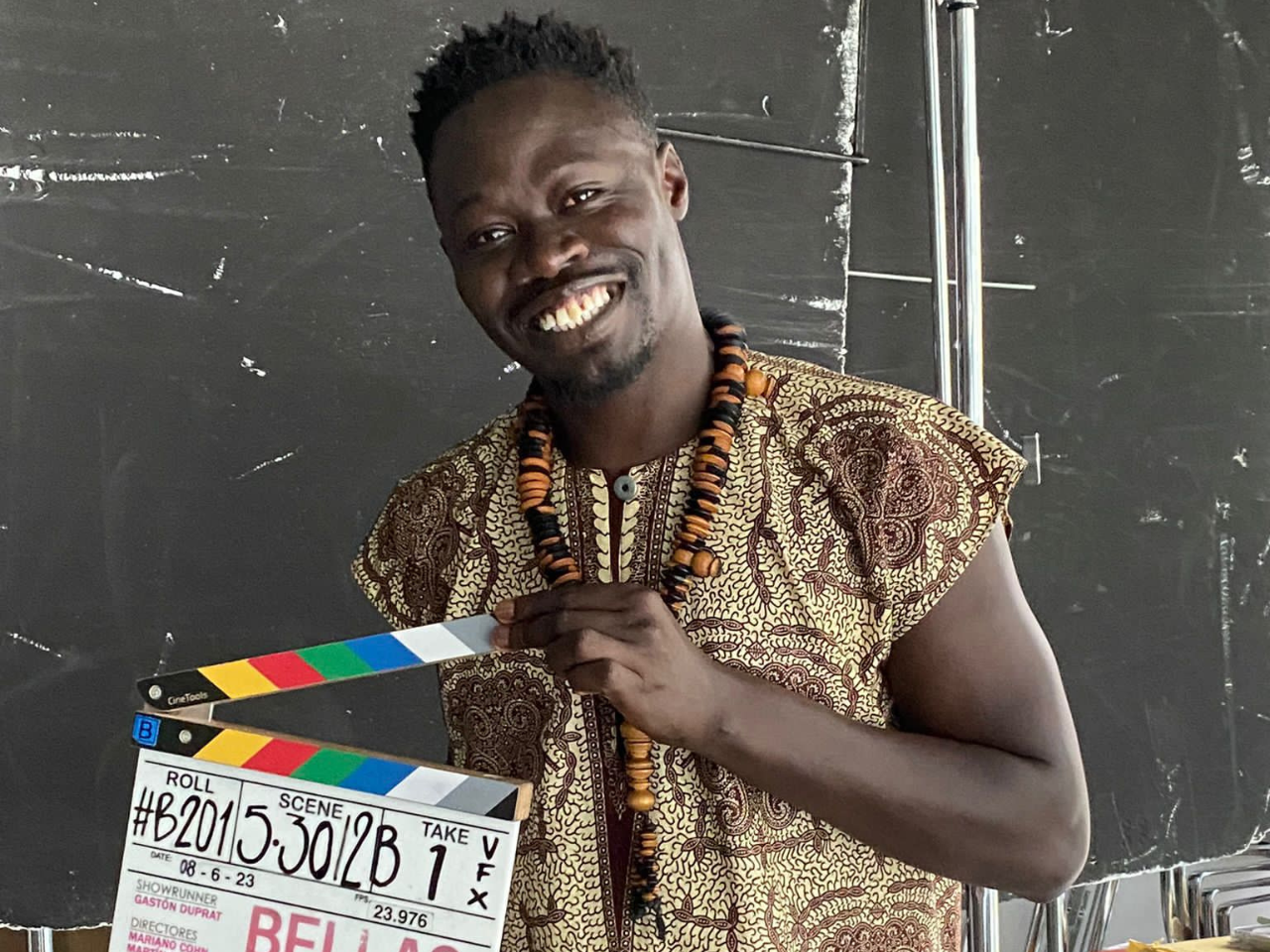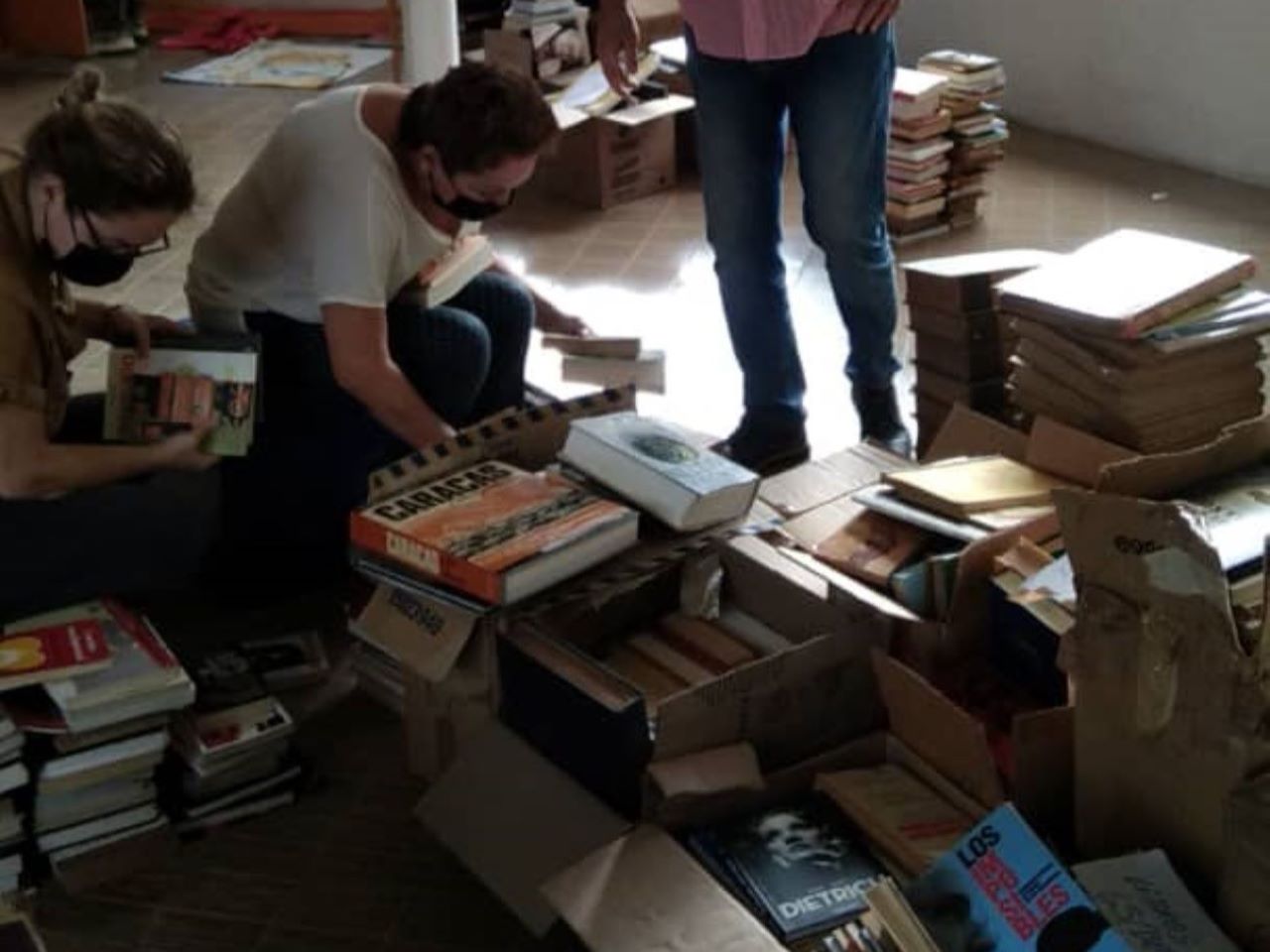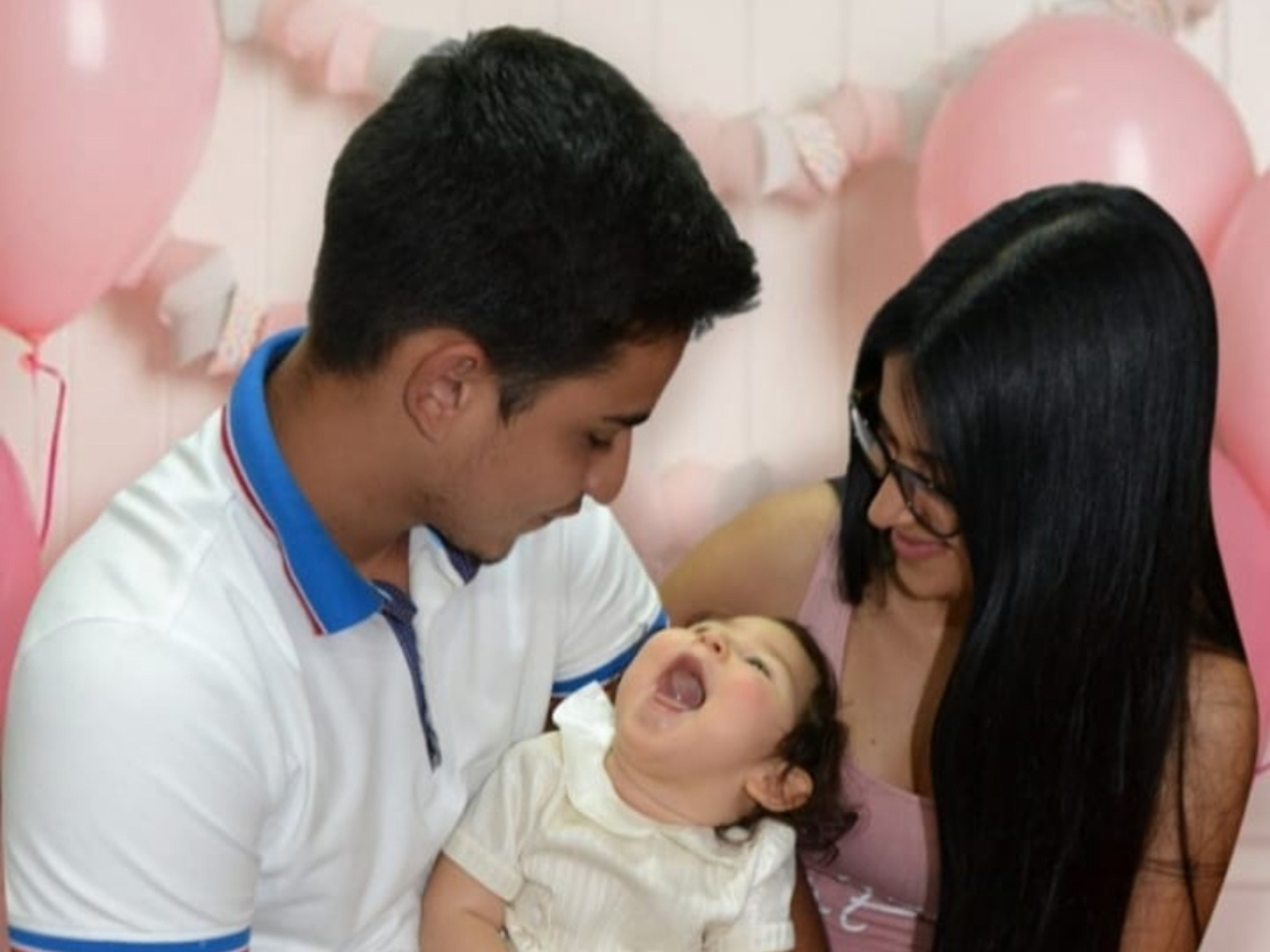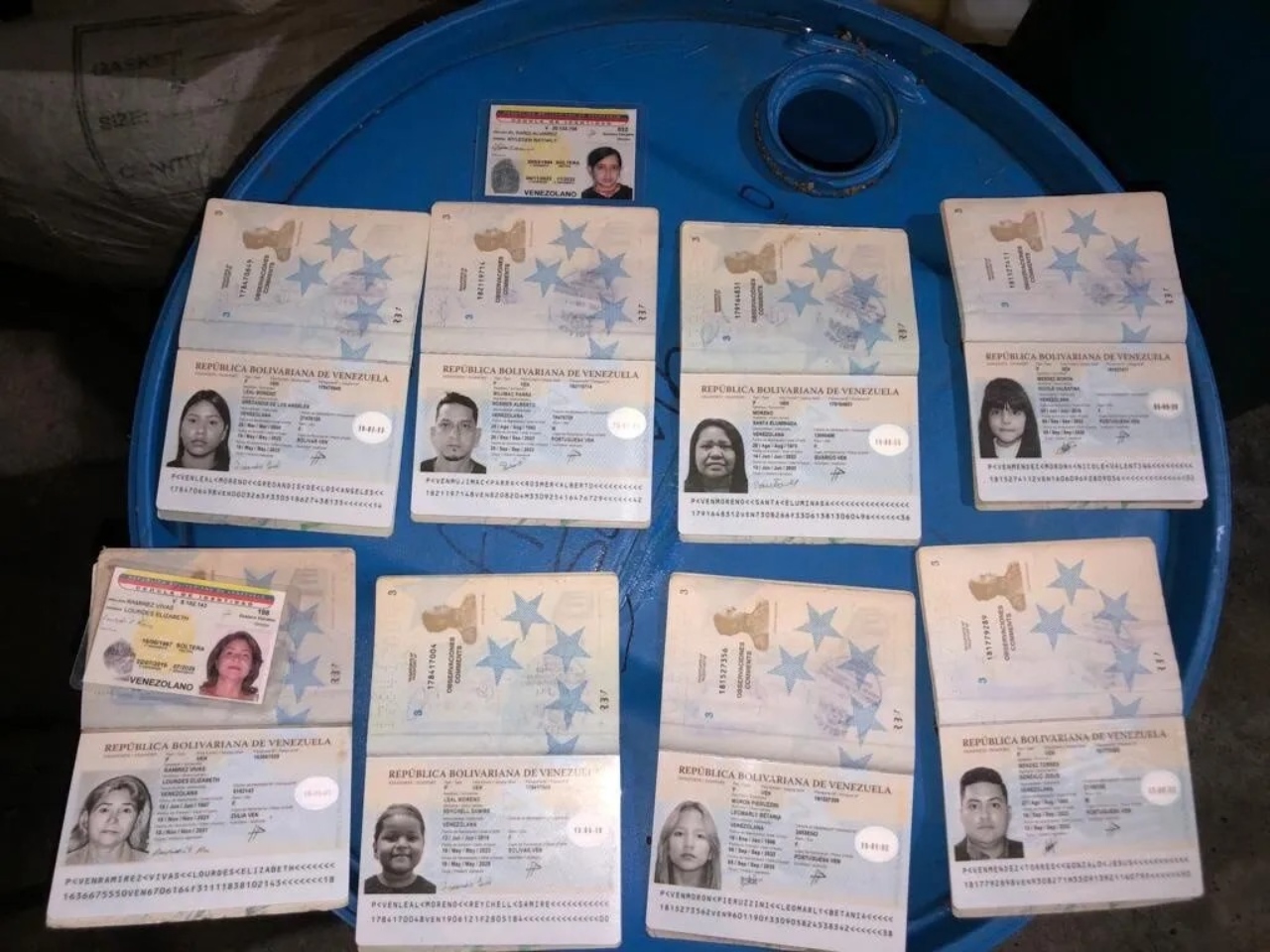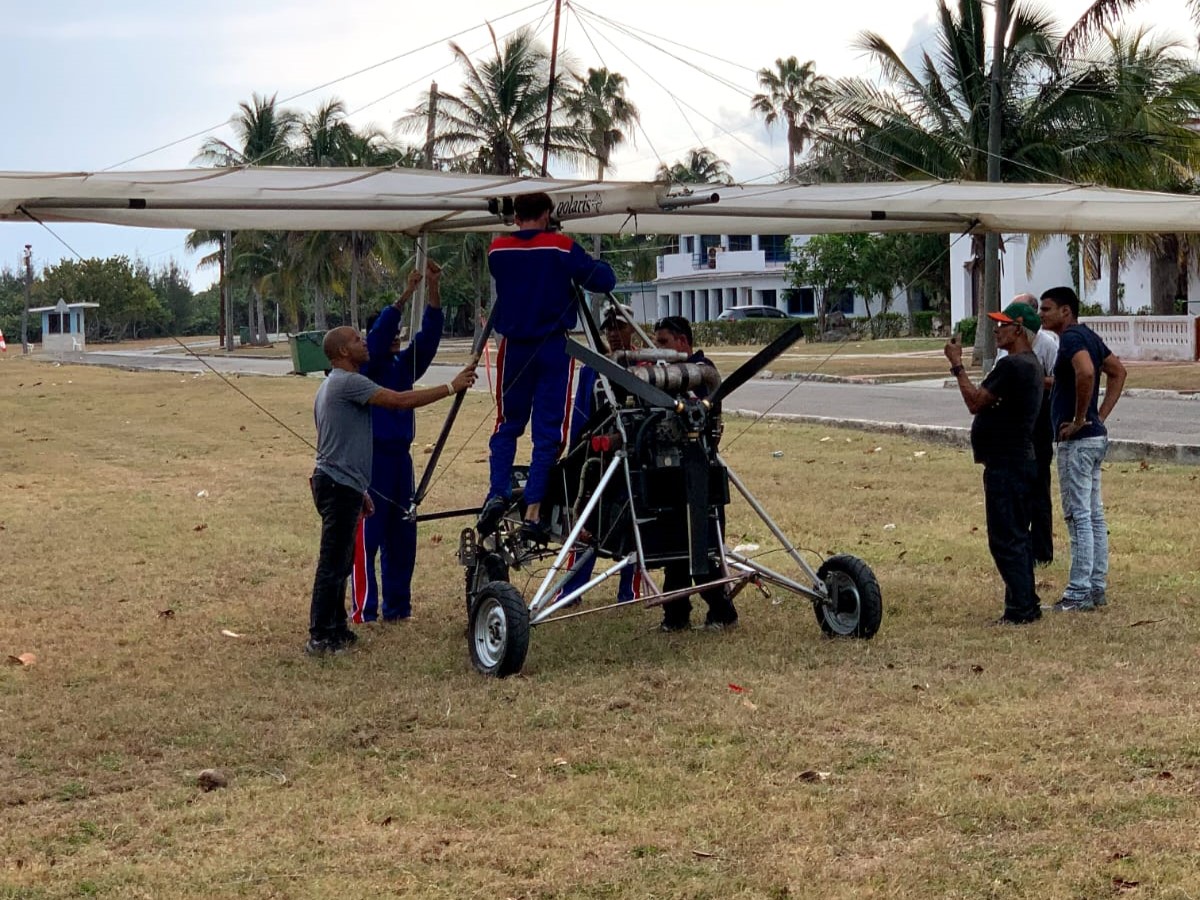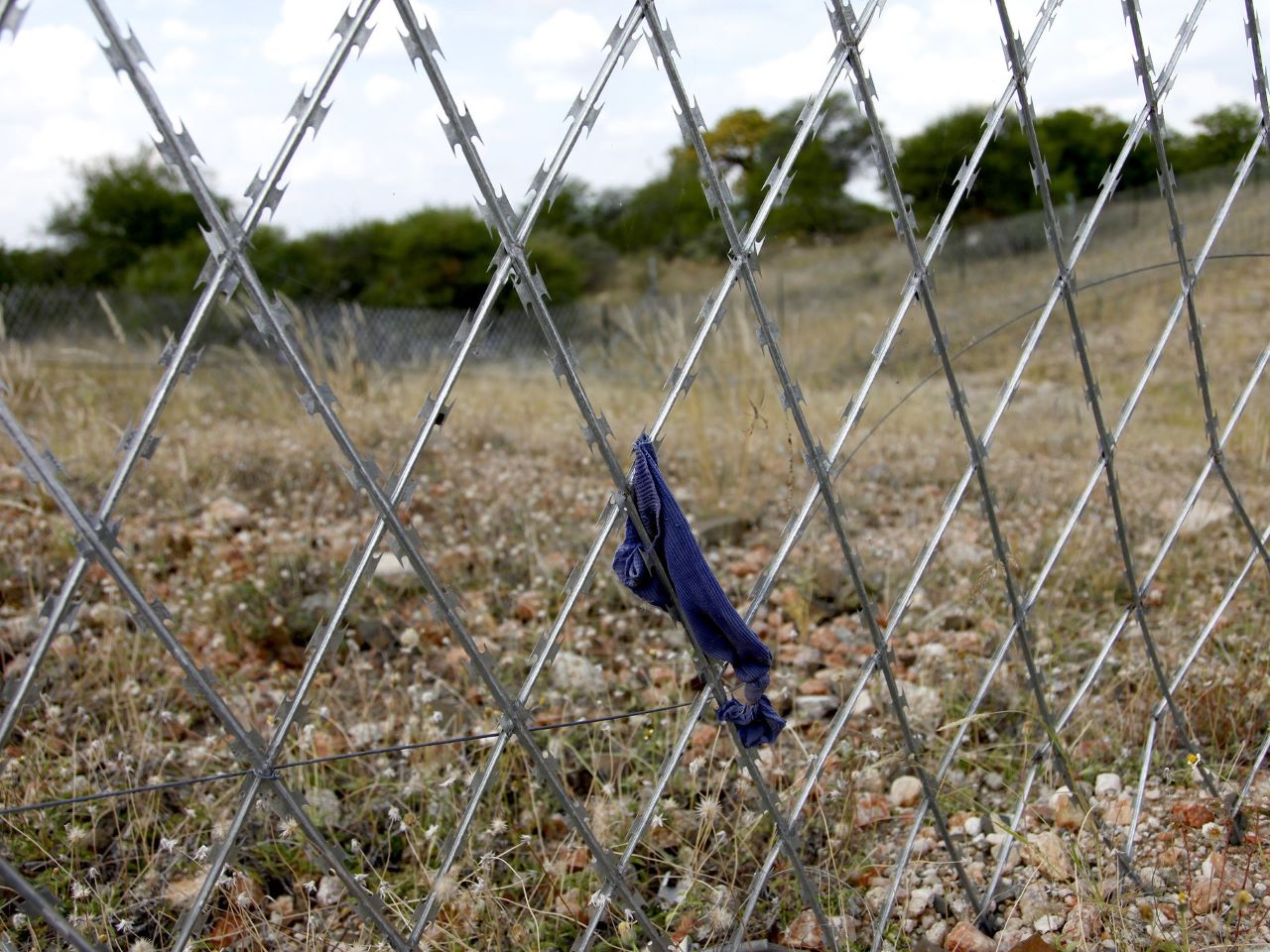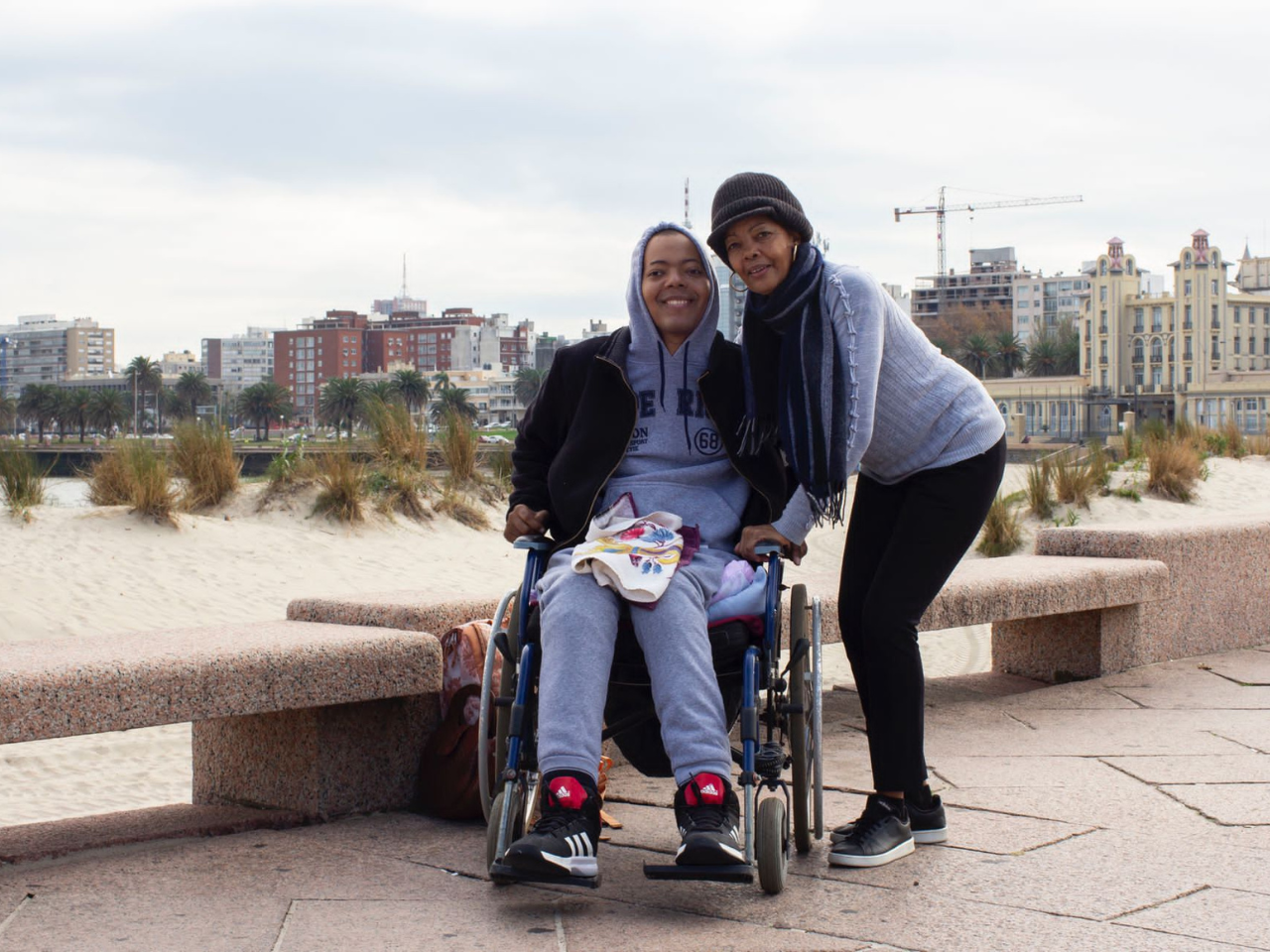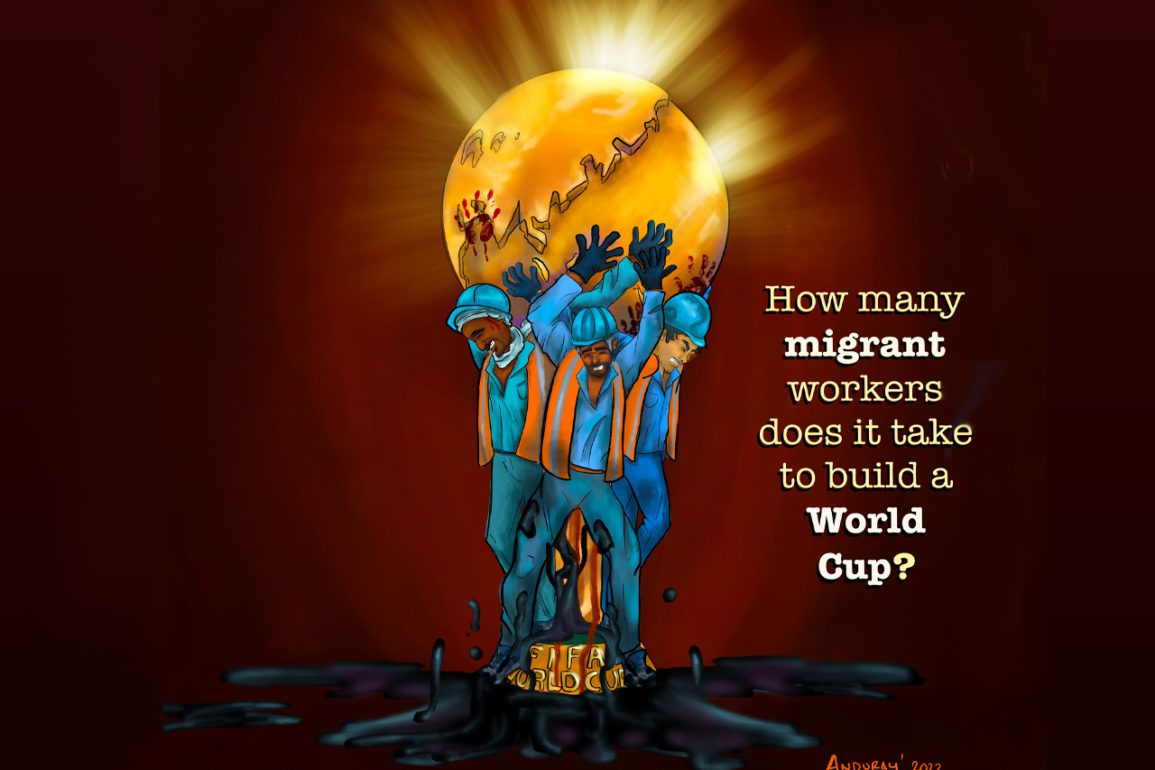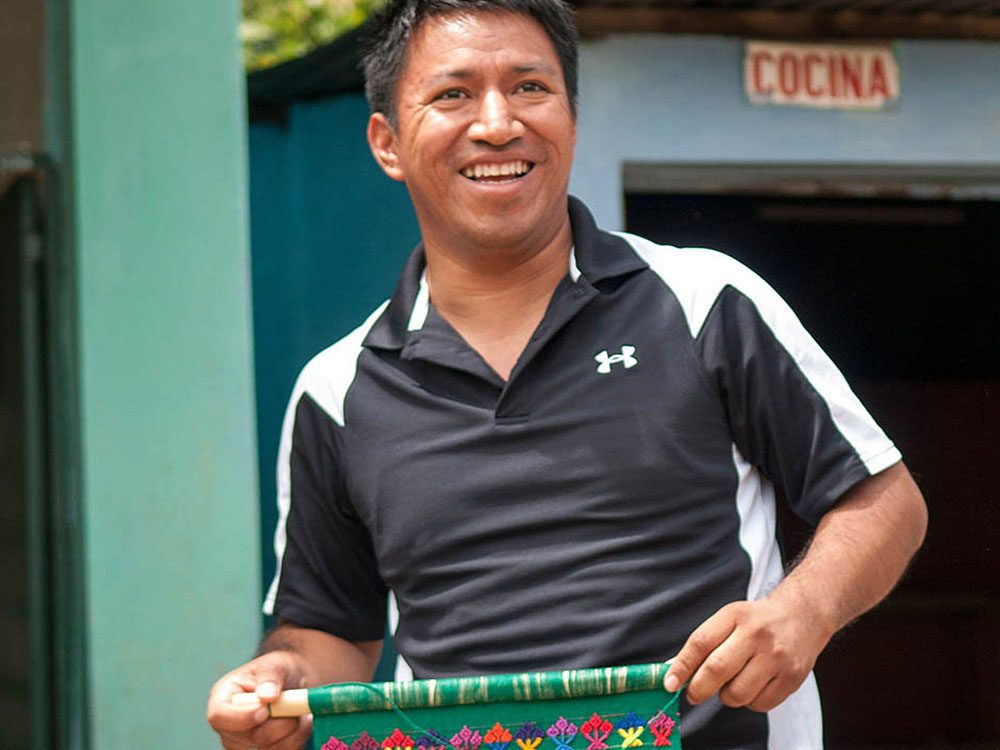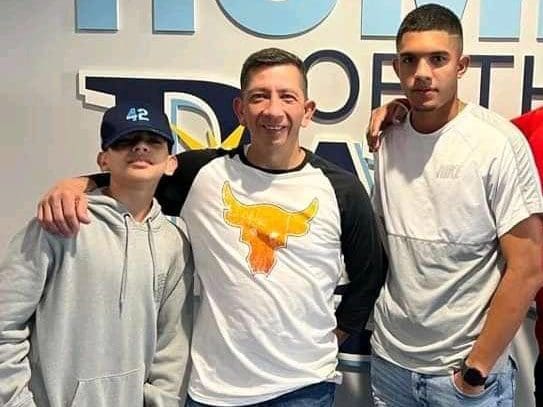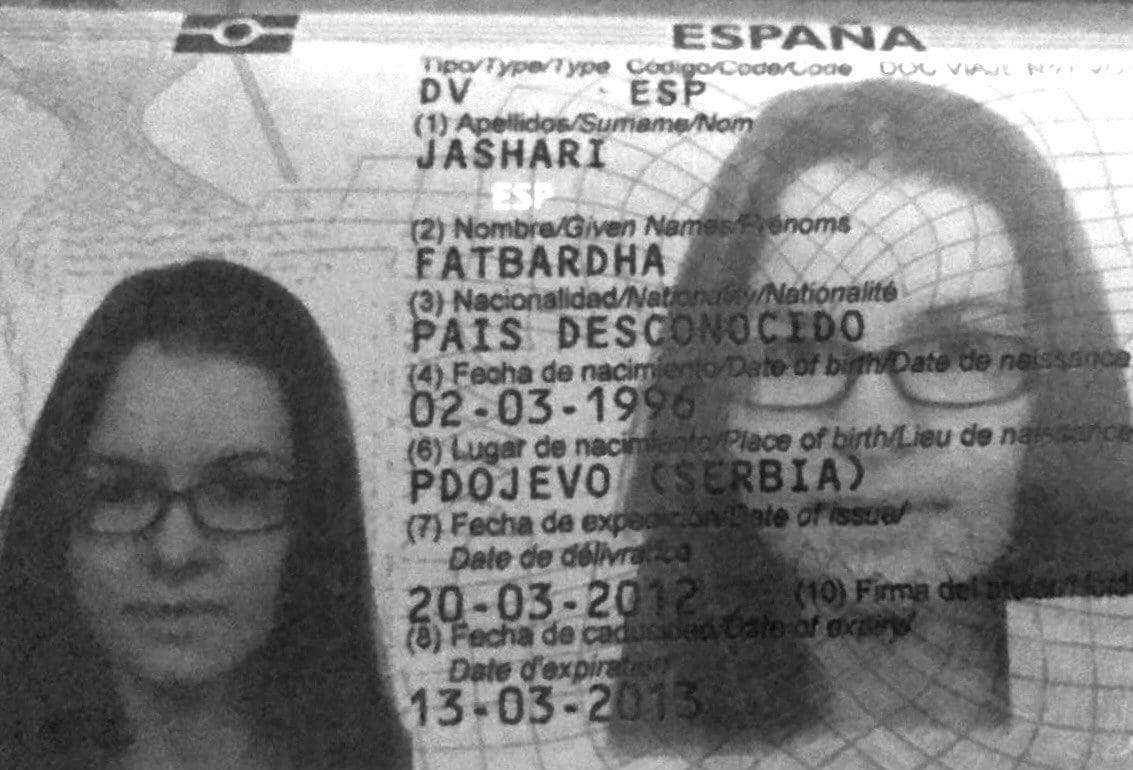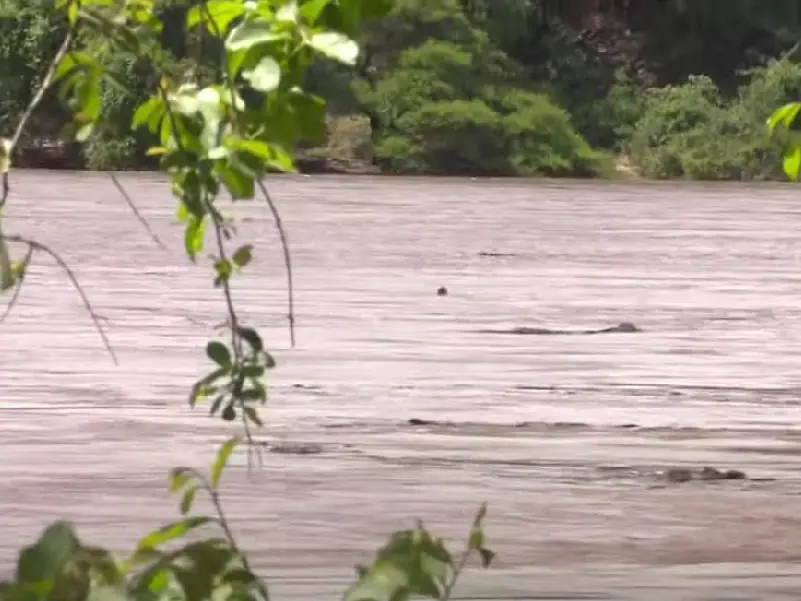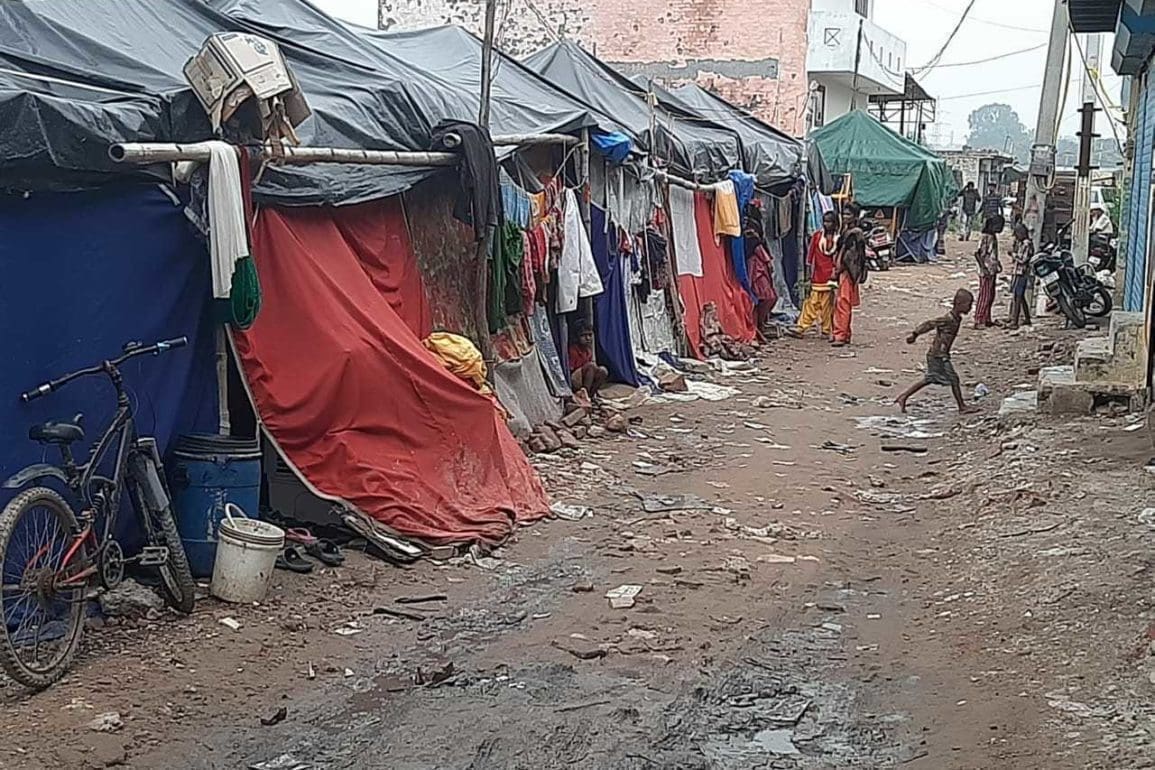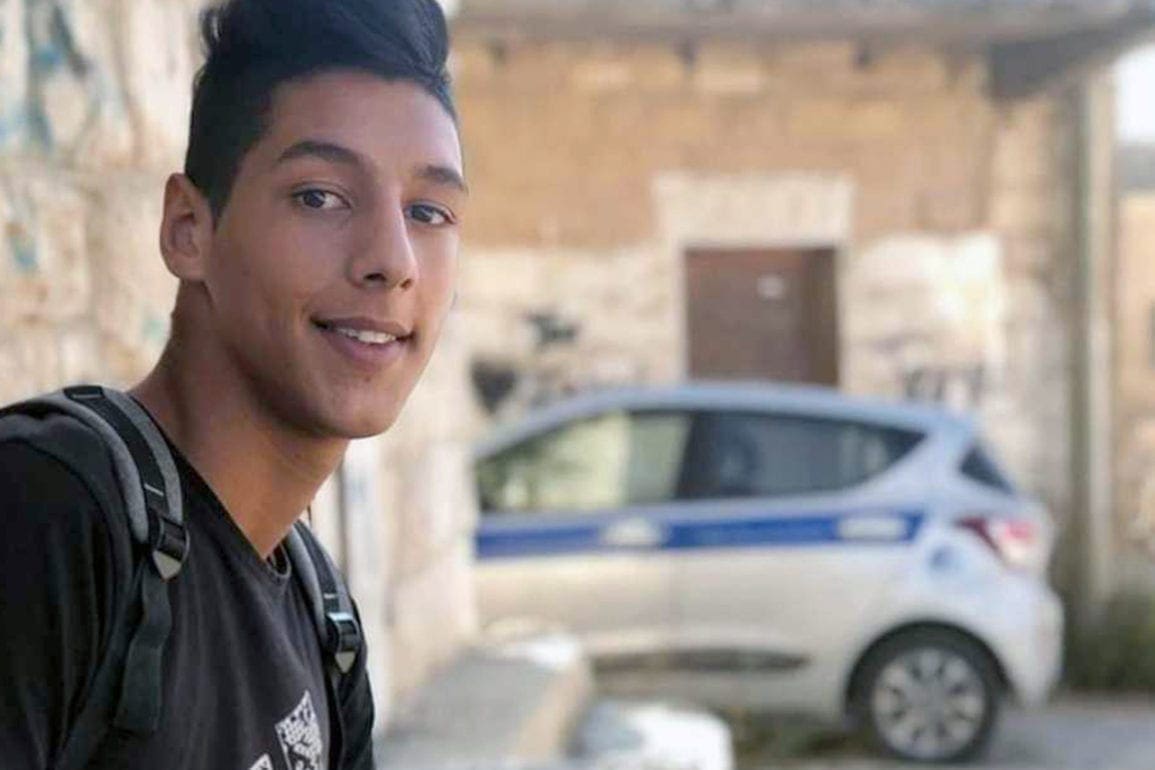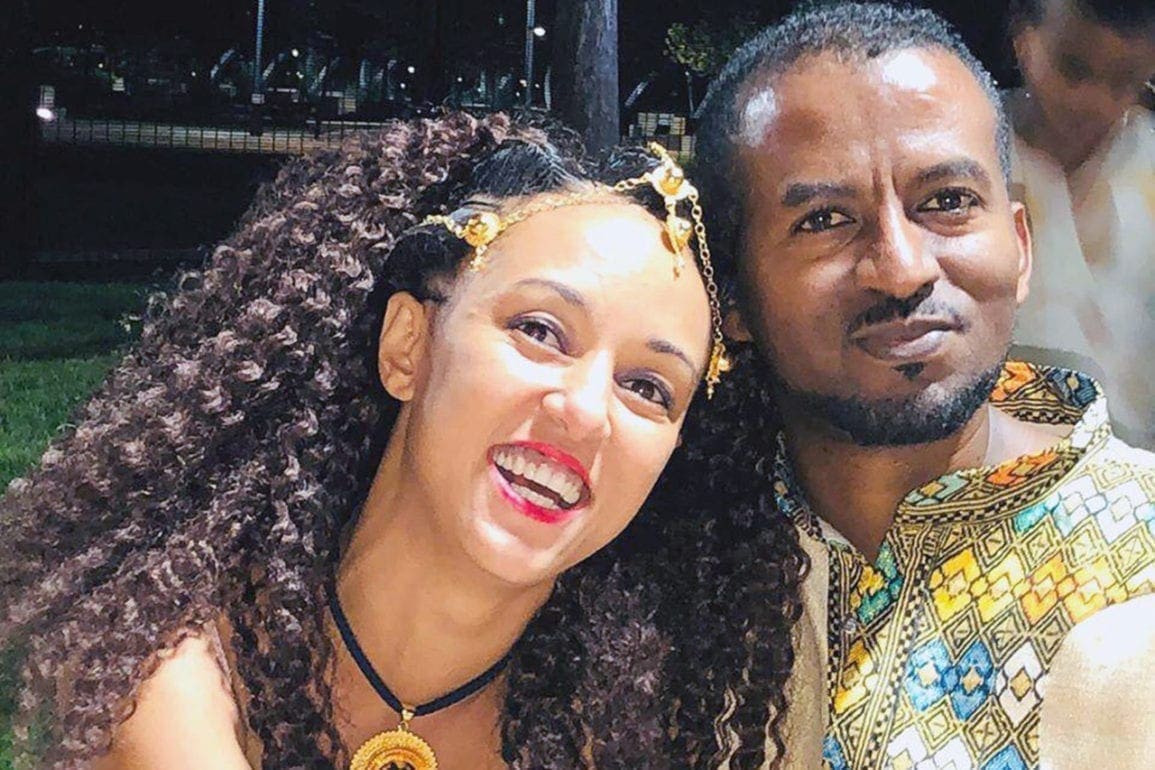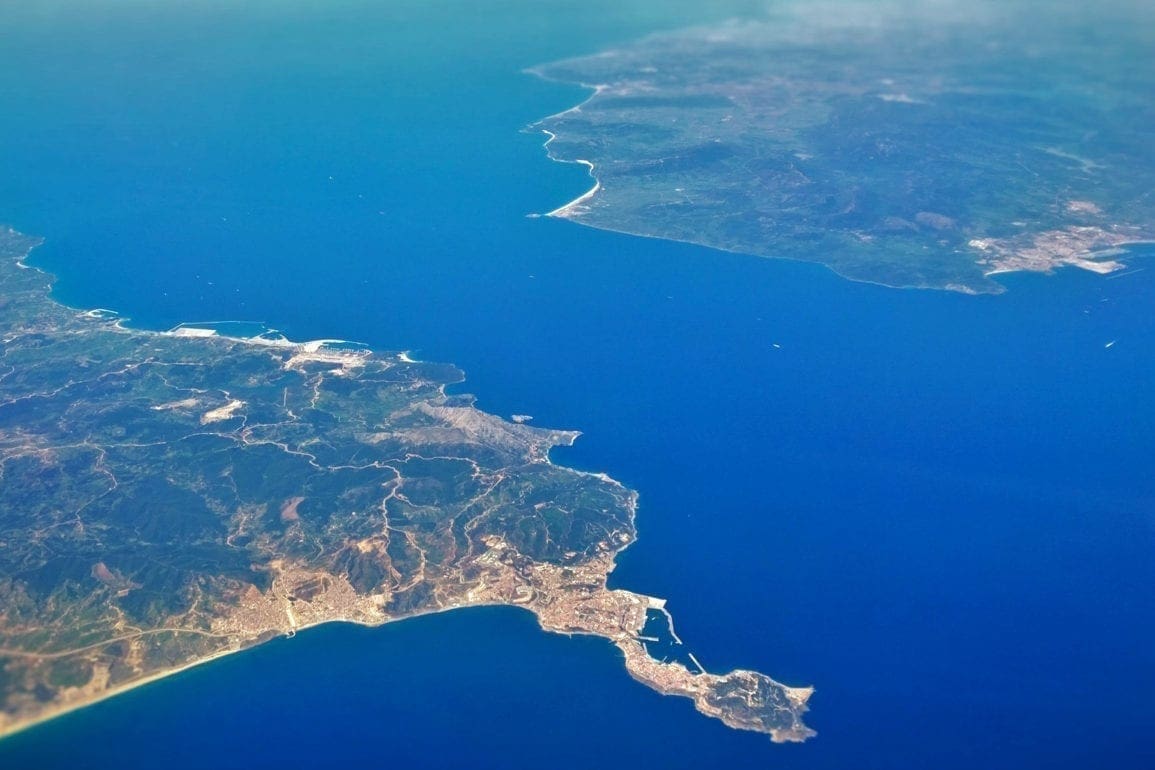Woman deported to Honduras was separated from her sons for four years, pleads for permanent residency
Entering the witness protection program, my family began to move from place to place, never settling down… I clung to God’s affairs to feel some sense of protection.
- 2 years ago
March 26, 2024
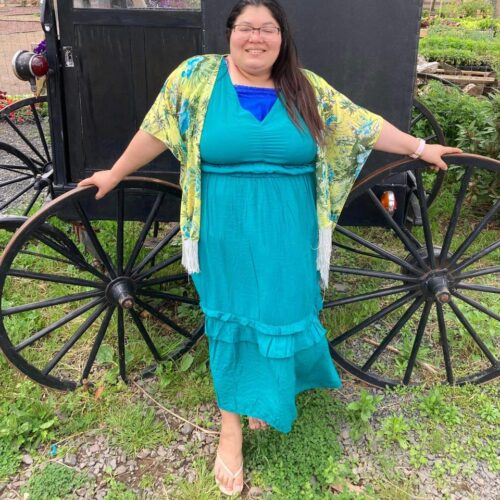
PHILADELPHIA, United States ꟷ I walked through the door and saw my children sitting there, for the first time in four years. The moment I saw their faces, all the pain and suffering from being deported and separated from my boys vanished. As they watched me approach, their expressions transformed into joy and disbelief. They were absolutely beautiful.
The tears fell from my eyes and with my voice trembling with emotion, I could say only one thing: “I love you.” It was all I needed to say. Their love led me through the darkness [of trying to escape Honduras, walking through Mexico, being jailed by border patrol, and being separated from my children.] The bureaucratic puzzle I faced that dampened my soul was finally over.
Read more immigration stories from around the globe at Orato World Media.
From a childhood paradise to a community entrenched in crime
As a child growing up in La Ceiba, Honduras, beauty surrounded me. Every day was warm without being overwhelming. I went to church with my brothers and walked to my grandmother’s house. In time, however, my perceptions changed. Gangs and drug traffickers infiltrated La Ceiba, destroying my childhood innocence. Four of my brothers, a sister-in-law, and a brother-in-law would all be murdered.
The first killing took place when I was 21 years old. It felt like a fierce blow. A permanent restlessness settled in. With no peace of mind, I decided to go to Denver, Colorado for a temporary reprieve. My children stayed with family back home, and ultimately, I couldn’t bear to be apart from them.
Eight years after my first brother’s death, I heard God’s voice as my 14-year-old son lay sleeping on my legs. The voice came from nowhere and everywhere, like it was inside and outside me. I thought back to my childhood, walking to grandma’s house from church with my brothers. I swore I once saw angels in the sky. No one believed me, but now God was present, and I believed.
I understood how He protected me all the times I had weapons pointed at me. Then and there, I gave my life to God as a Christian and never turned back. My faith kept me alive, but the subsequent years remained complicated and the murders continued.
A white car tracking her whereabouts, and woman flees with her kids to Mexico
If your life or work interfered in any manner with the territorial power of the drug traffickers, you became a target. These people did not hesitate. Every time they harmed my family, I involved myself in the investigations and complaints. That behavior soon made me a target.
Entering the witness protection program, my family began to move from place to place, never settling down. Each time the criminals issued a new threat, we relocated. Sadly, local institutions proved corrupt and violated our trust. The police revealed my location, and my children were constantly changing schools. I clung to God’s affairs to feel some sense of protection.
In 2017, while my husband worked taking tourists to the Río Plantain biosphere, drug traffickers threatened him, and we decided as a family to flee to the United States. We lacked the money, so my husband planned to go first then call for us once he settled down.
By then, I pastored a church and quite often, I saw a white car passing slowly by. Other times, it parked in front of my house. The situation became suffocating and unbearable. When a neighbor told me strange men were asking questions about my comings and goings, I told me children desperately, “We have to get out of here.”
All the money I had laying around added up to 3,000 lempiras (about $120 USD). Feeling cornered and moving on instinct, I grabbed a couple bags and took my three sons on a trip to Mexico. Clutching a folder to my chest with paperwork demonstrating my persecuted status, we headed for America in the hopes they might grant me asylum.
Mother and sons battled freezing nights and scorching days walking through the desert
In Tapachula, Mexico, I reached out to my husband who expressed his surprise, and quickly sent money. I faced the truth and felt disturbed: my children and I were homeless in Mexico holding onto hope of reaching a land where we might finally be free of death threats. We applied for some permits and traveled by bus to Ascensión in northern Mexico. While my children wanted to stop for a while, I saw the danger and pushed on.
Before we began to cross the desert from Puerto Palomas into the United States, we had to split up. My oldest son went with my brother, and I took the younger boys Erick and Mino. The road through the desert seemed eternal, but I surprisingly felt peace, despite the desolate landscape surrounding me. “No one can harm us here,” I thought. For entertainment, we looked at things along the way and invented stories about them to distract us from the physical fatigue we felt.
The oppressive heat proved exhausting and our legs tired with each kilometer we walked. As night fell, I saw a small house in the distance, in the middle of nowhere. A kind man there offered us food and clean beds to rest on. Before dawn, he took us a little way further by car. The walk continued through the cold nights that penetrated our bones and the sun-drenched days blanketed everything in oppressive heat.
Just then, I saw what I’d hoped for: the United States border patrol. We had no intention of hiding from them. We wanted to be found; to expose our circumstances. As if we were invisible, the agent walked right past us. The second one did the same. Finally, the third patrol officer paused and addressed us.
At U.S. immigration, they separated her from her children who wailed in despair
The patrolman who spoke Spanish asked, “What are you doing here? Where did you come from?” I told him we spent the night in a nearby house and his face fell. “She’s crazy,” he shouted. “There is no house near here.” I managed to show him my documents hoping he would understand the dangers back home. He accused me of not being the boys’ mother, but rather a coyote taking them across illegally for money.
Despite the confrontation, I felt calm, but that changed quickly. He took us in the patrol car in silence to an office. The air felt tense. We arrived at a place full of hostile people in uniforms who shouted and made me feel like a criminal. I told them my sister and sister-in-law lived in Philadelphia and provided their phone numbers. I later found out they never made the calls.
The next night, on September 21, 2017, the officers took me from my boys and told me I would be imprisoned for five days then reunited with my children. In resignation, I trusted them. The mere idea of separating from my boys left me deeply saddened, tearing me apart inside. After hugging my children with all my strength, I said, “If God is doing this, its because he needs me to pray with the other prisoners.”
They cried uncontrollably and said, “It would have been better for us to be killed in Honduras and stay together then to come here, ma.” Mino’s voice broke and turned into a scream. Every tear they shed felt like a dagger to my heart.
A journalist comes into to the immigration detention center and they make a secret list
Those five days locked up, I held onto the joy and expectation of seeing my kids again but when the time came, a harsh reality hit. It was all a lie. I wouldn’t see my boys again. “Which children,” the officer said when I asked about them. Then, he told me I was going to be deported and my whole world collapsed. The weight of it crushed me.
In the following days, I found myself in a bleak, gray room capable of holding about 70 women with one small window for the sunlight to enter. I blamed myself for everything. “Why hadn’t I just stayed in Honduras or Mexico,” I thought. After a month, I learned the authorities gave my children to my sister and an immense relief washed over me.
During my confinement, a journalist visited me, and he became the first person to whom I told my story. I informed him of other mothers there whose children had also been taken. We secretly made a list and sent it to a lawyer at an organization supporting migrants. Despite my depression, I kept fighting. I fasted occasionally and lost a lot of weight, becoming physically weak, and I wanted no visitors.
With some frequency, I enjoyed calls with my sons. Holding back tears, I assured them I would fight and urged them not to be afraid. “Mom will make it happen,” I said. “If they deport me, I will come back again and again.” “If they deport you,” my sons said, “you must stay away. The road is too ugly.”
At the bridge, I prayed to God to open the doors to the United States for me
In January 2019 around midnight, the officers told me to get my things ready. They handcuffed me like a criminal and tied the two handcuffs to my feet with a chain that circled my waist. I could barely walk. “This is how they will send me back to Honduras,” I thought.
When my airplane arrived in San Pedro Sula in Honduras, they removed the chains and left me standing in the middle of the airport alone. Filled with fear and uncertain who to trust, I looked around, thinking something horrible might happen. Suddenly, I began to cry, repeating the words, “I left my children behind,” over and over. A girl approached to calm me down and asked me to trust her.
In that very moment, I promised myself not to be there for long. A friend who also experienced deportation a month prior took me into her home, and I began reorganizing my paperwork. I helped a pastor build a church and kept busy, never returning to La Ceiba where so many of my family died. On February 26, I went back to Tapachula, Mexico, and stayed there six months working on my documentation.
I moved from Tapachula to Juárez to Ascensión and back to Juárez. By then, it was 2021 and years had passed. One afternoon, I went to the bridge to pray. I cried out to God to open the doors of the United States for me. As a deportee the rules said I could not reenter for at least 10 years, but I refused to resign myself to that. With the help of a lawyer, I continued to fight.
Woman reunited with her children four years after being deported by immigration
One afternoon while praying my phone rang. The lawyer said I might be granted admission in May. A smile grew on my face and for the first time in four years, I felt like my life was given back to me, even more brilliant than before. When I interviewed for an article, I asked the journalists not to publish my entry date. I wanted it to be a surprise.
On May 4, 2021, I finally walked hand in hand with my lawyer from Mexico into the United States with my chest out and my head high. With a renewed sense of pride, I felt overjoyed and eager to reunite with my family. In Philadelphia, I went to my sister’s house, accompanied by journalists. Other reporters were inside interviewing my children. They told the boys my trip home was still only a possibility.
When I walked in, my niece’s husband yelled, “Surprise,” and my children turned their heads toward the door. As soon as I saw their faces – the ones I left way back in 2017 – I noticed they looked more mature than before. When they saw me, they erupted in surprise and joy. We merged into an endless hug as I told them I loved them.
The following days in Philadelphia teemed with plentitude. I became the pastor of a congregation and received a three-year permit to stay in the United States. That expires in May 2024. My lawyer continues the hard work of processing an extension and applying for permanent residency. I give the glory to God and feel no uncertainty. I trust things will turn out well.

